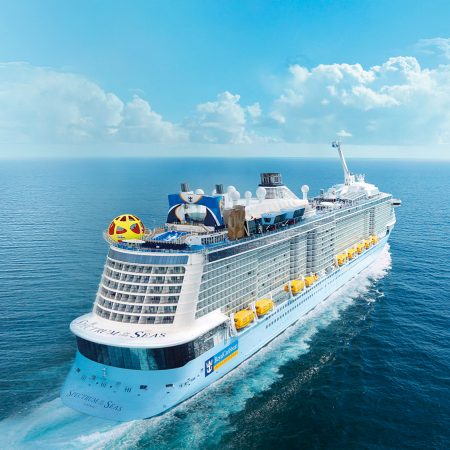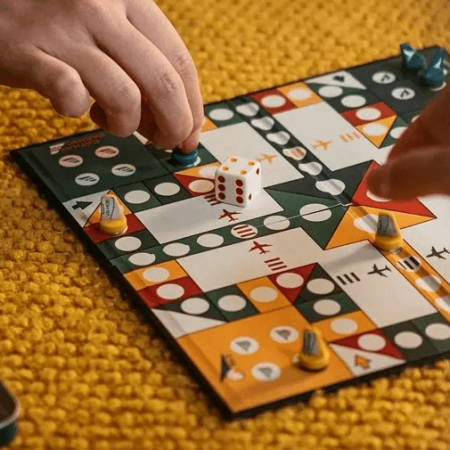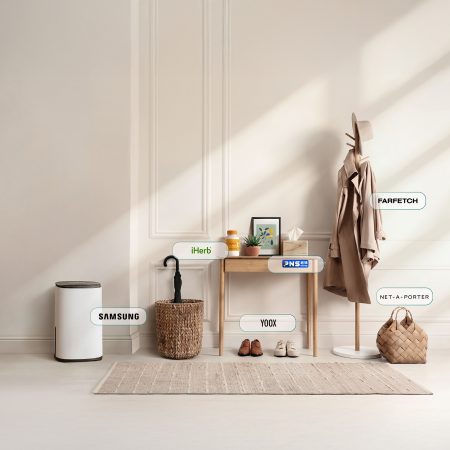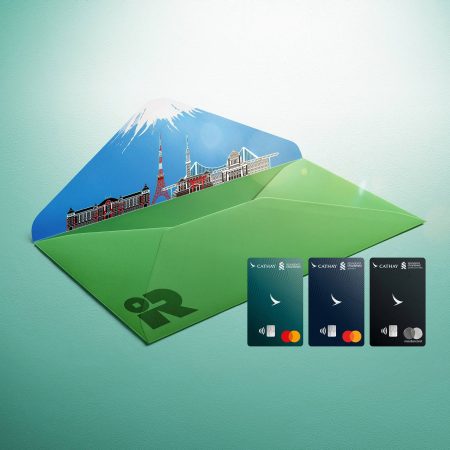Meet the female tour guide challenging tradition in Lombok
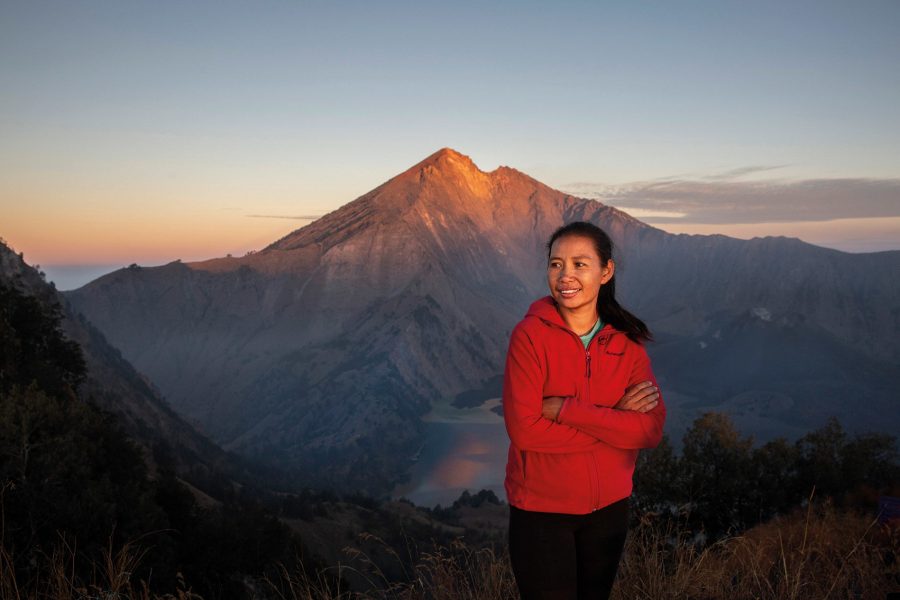
Katni Wati was still a teenager when she became frustrated with the passive role of women on Lombok, a comparatively untouched neighbour to the popular Indonesian holiday island of Bali and the gateway to the much-Instagrammed beaches of the Gili Islands. Women were – and in many cases still are – expected to be housewives and have children, with little opportunity for education or employment. They ‘tended to be ruled out,’ says Wati.
She was sick of seeing the men in her village of Senaru, which sits at the base of the 3,800-metre-high Mount Rinjani in the north of Lombok, get all the work as tour guides on the active volcano. At the age of 15, Wati defiantly told her parents that she was going to climb Rinjani.

Credit: Cedric Arnold
‘My parents said, “you can’t do that, it’s too hard for a girl”,’ Wati recalls. ‘They told me climbing the mountain was only for men, as women stayed at home, gave birth and looked after the family.’
This only fuelled Wati’s determination, and slowly her parents came round to the idea. Soon, she was hiking to the top of the mountain, much to the shock and dismay of the Sasak people of Senaru.
‘The community was asking my parents why they let me go up there, and why they let me rebel. Why was I allowed to be a “naughty woman”?’ Wati recalls. But she continued to climb the mountain and learn about its beautiful natural landscape, and in 1995 she set up Lombok’s first all-female trekking business, Rinjani Women Adventure (RWA) – and as a result, has single-handedly revolutionised the lives of women and girls in Senaru.
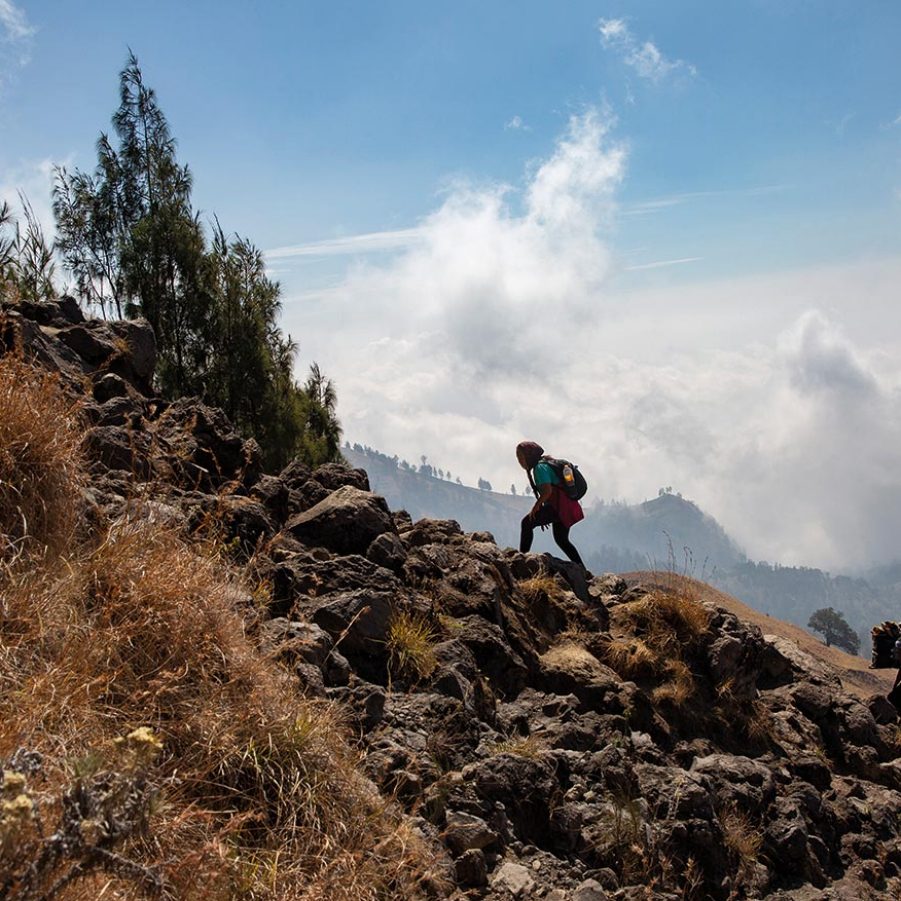
Credit: Cedric Arnold
Rinjani Women Adventure runs comprehensive Rinjani trekking experiences and has trained more than 60 women, allowing them to become independent, empowered and able to support their families. But it hasn’t always been straightforward. Wati’s venture initially met with disapproval from her community. ‘Men were shocked,’ she says. ‘They asked me, “Why are you setting women up to be independent? You want to fight the men?” They just didn’t understand that I didn’t want to fight men, I wanted to help men and all the families in our community. If something happens to a man and the woman can’t be independent and provide support, what will happen to the family?’
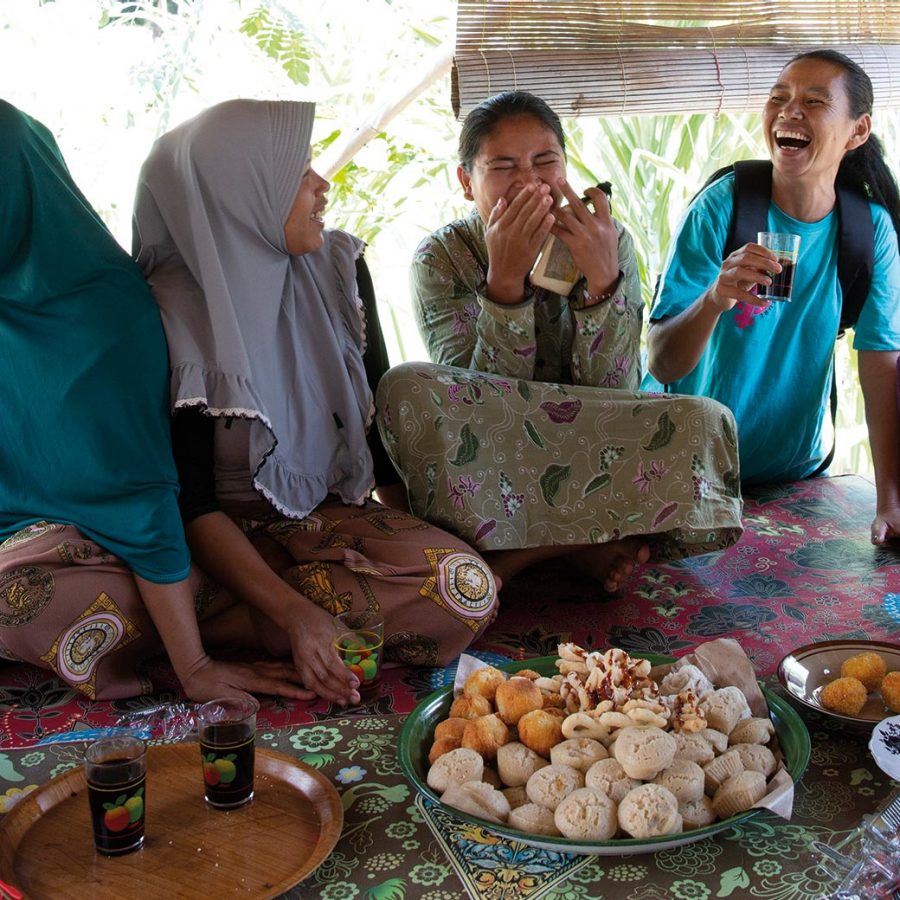
Credit: Cedric Arnold
Wati’s persistence and grit, teamed with the success of her tours, gradually wore away at the scepticism. Of Senaru’s population of approximately 9,000, ‘about 75 per cent of the men now support our women guides,’ says Wati – which, in a country still deeply entrenched in patriarchal values, is a staggering success.
So, what can you expect from a tour with Wati and her team of formidable women? RWA covers various routes and levels of difficulty, and the women will adjust the pace according to guest preferences. Treks range from day trips to three-day excursions to the summit of Rinjani. You can visit the Air Terjun Sendang Gile and Tiu Kelep waterfalls and take a dip in the surrounding pools – perfect for when you return from your trek and feel the need for a pummelling jet massage by waters that reputedly have the power to cure any ailment.
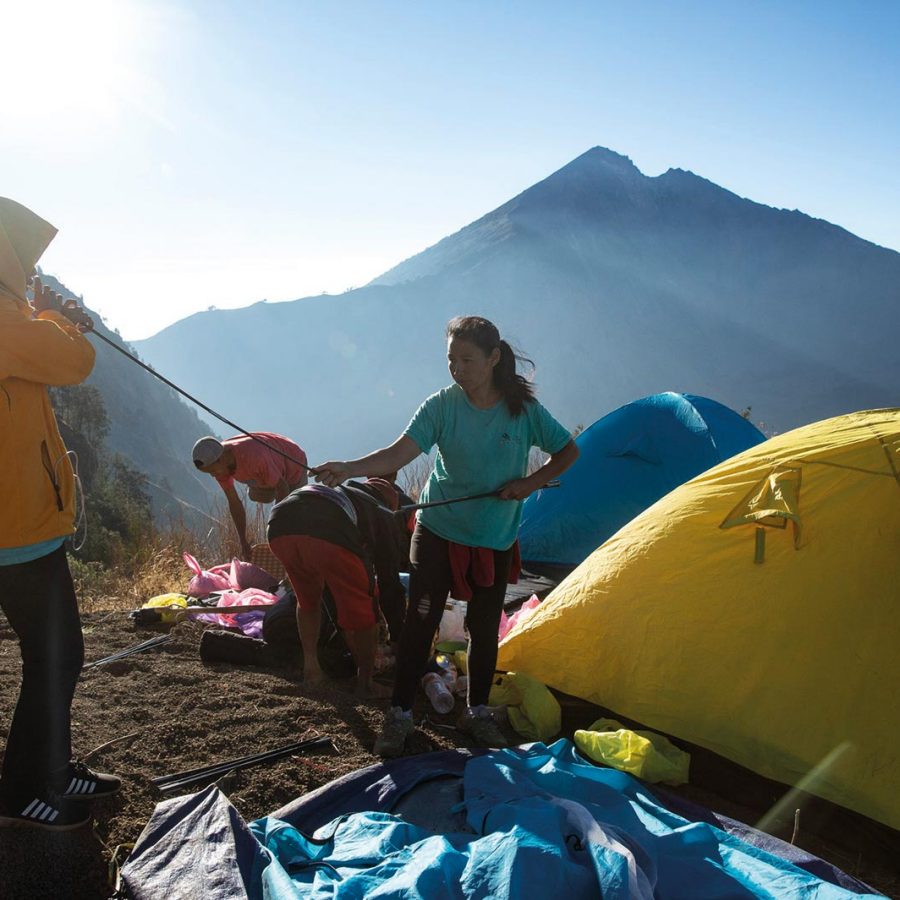
Credit: Cedric Arnold
If the mountain feels a little lofty but you’re still keen to learn about Sasak culture, the women will guide you along the trails surrounding Senaru and show you the rice fields, coffee plantations and the village itself, with its mud and bamboo houses. You might be treated to some traditional local dancing as you sample raw palm sugar and learn about the culture and heritage of Senaru. And as Wati’s expertly trained, knowledgeable women have spent their whole lives on and around Mount Rinjani, there’s barely a question they can’t answer.
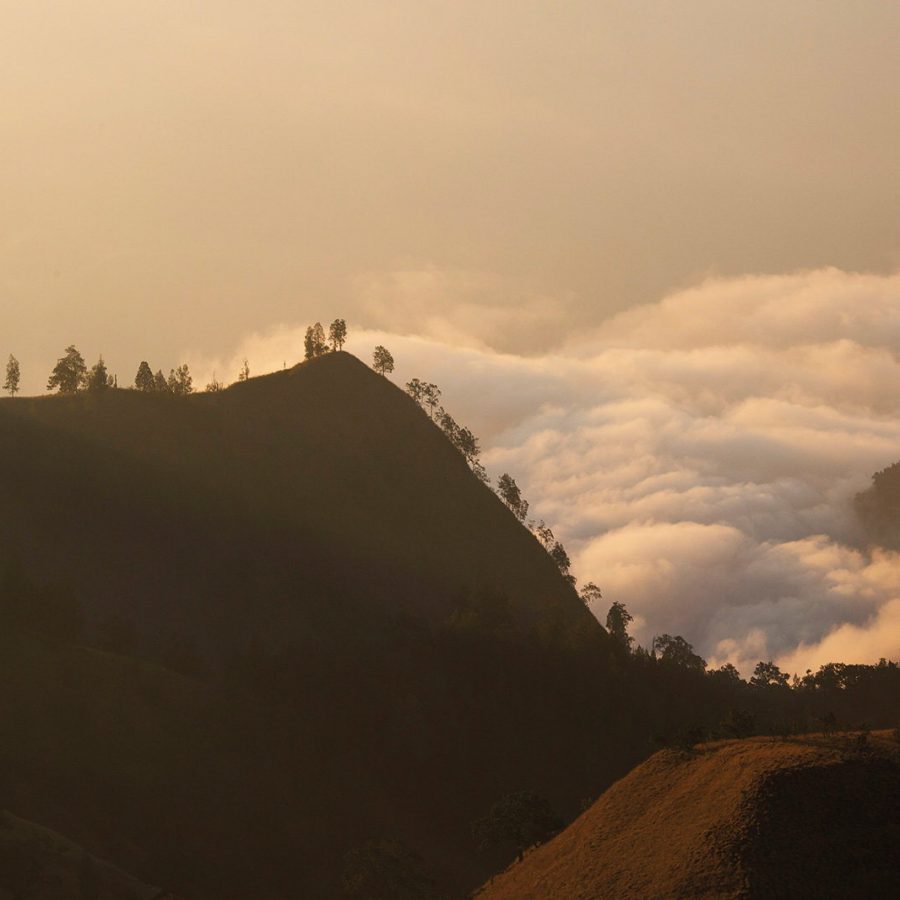
Credit: Cedric Arnold
RWA shares its profits with the community. ‘The money we make is not only for me and the women guides to support our families,’ says Wati. ‘We send money to the village as donations for activities or general support for all families. We support the community because the community supports us.’
Wati’s company has brought about social change, too. ‘Girls here used to be married from as young as 12, because that was their only option. They weren’t going to school, so as soon as they seemed old enough, they got married. Then they were pregnant very young, and there’d be a mother who’s a child herself at home with a baby,’ says Wati.
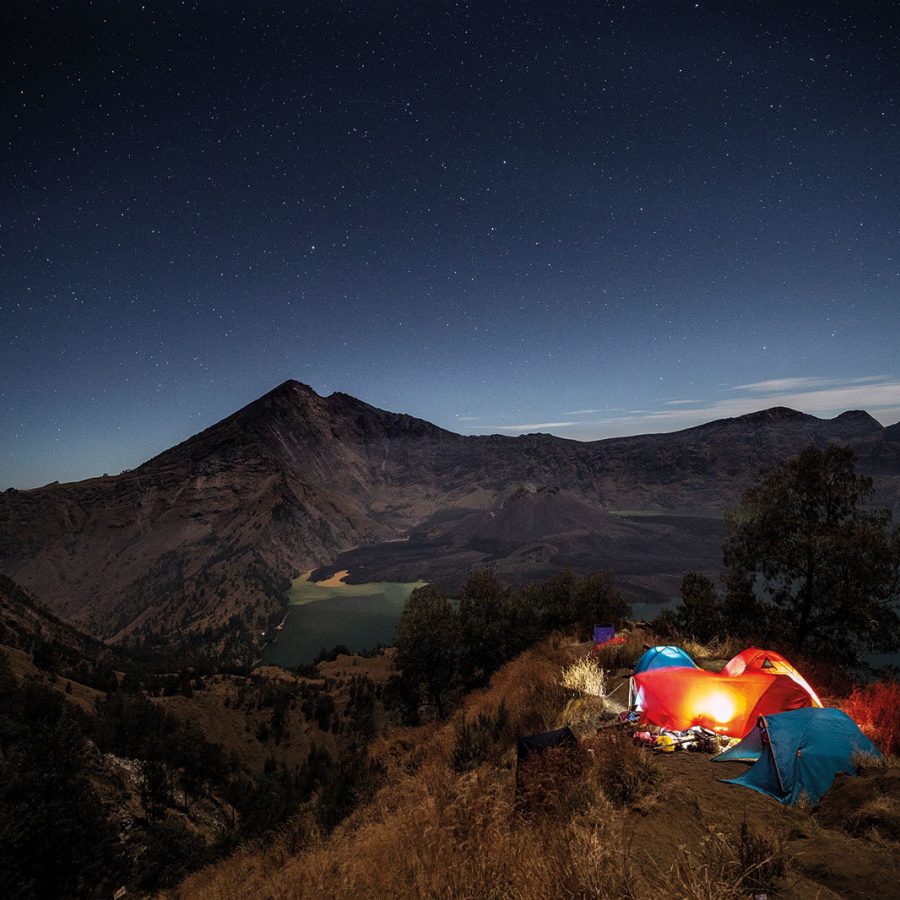
Credit: Cedric Arnold
Now that men and women are working together to support each other and their families, almost all children in the village are going to school. Additionally, girls are getting married later, in their 20s, because everyone is more educated and able to support their families by working. Wati has also focused on providing access to family planning and contraception for the community.
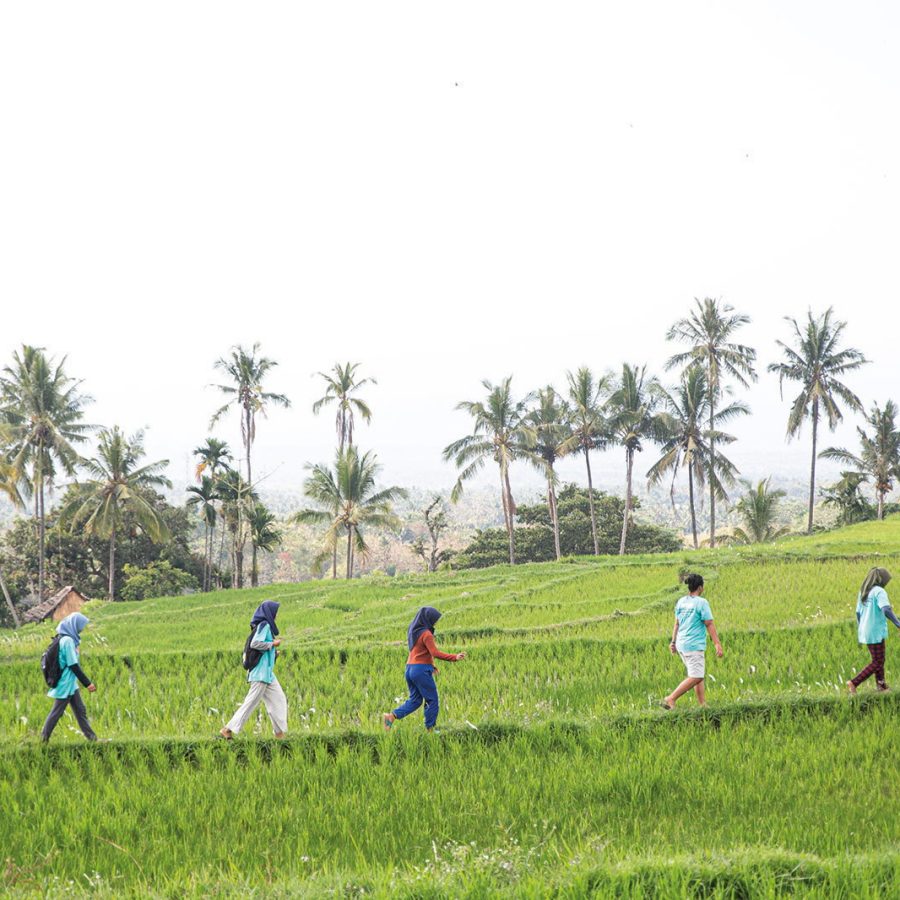
Credit: Cedric Arnold
The guide says she has received overwhelmingly positive feedback from the many international clients she and the team take for treks to the heart-stopping lakes, craters and summit. ‘My job has made me so independent, and when people from other countries tell me they enjoy my tours, it makes me stronger,’ she says. ‘We’re making changes slowly, because we want to respect our culture and our religion. It can be difficult, but now we’re starting to be free women.’
Rinjani Women Adventure organises treks for all ages, including children, starting from both Senaru and Sembalun, Lombok
This story was originally published in October 2019 and updated in September 2020
Hero image: Cedric Arnold
More inspiration
- China – the Chinese Mainland, Hong Kong SAR, Macao SAR and Taiwan Region
- Hong Kong SAR - English
- Chinese Mainland (China) - English
- Taiwan, China - English
- 香港特別行政區 - 繁體中文
- 中国內地 - 简体中文
- 中國台灣 - 繁體中文
- Africa
- South Africa - English
- Asia
- Bangladesh - English
- Korea - English
- Singapore - English
- Cambodia - English
- 한국 - 한국어
- Sri Lanka - English
- India - English
- Malaysia - English
- Thailand - English
- Indonesia - English
- Maldives - English
- ประเทศไทย - ภาษาไทย
- Indonesia - Bahasa Indonesia
- Myanmar - English
- Vietnam - English
- Japan - English
- Nepal - English
- Việt Nam - tiếng Việt
- 日本 - 日本語
- Philippines - English
- Australasia
- Australia - English
- New Zealand - English
